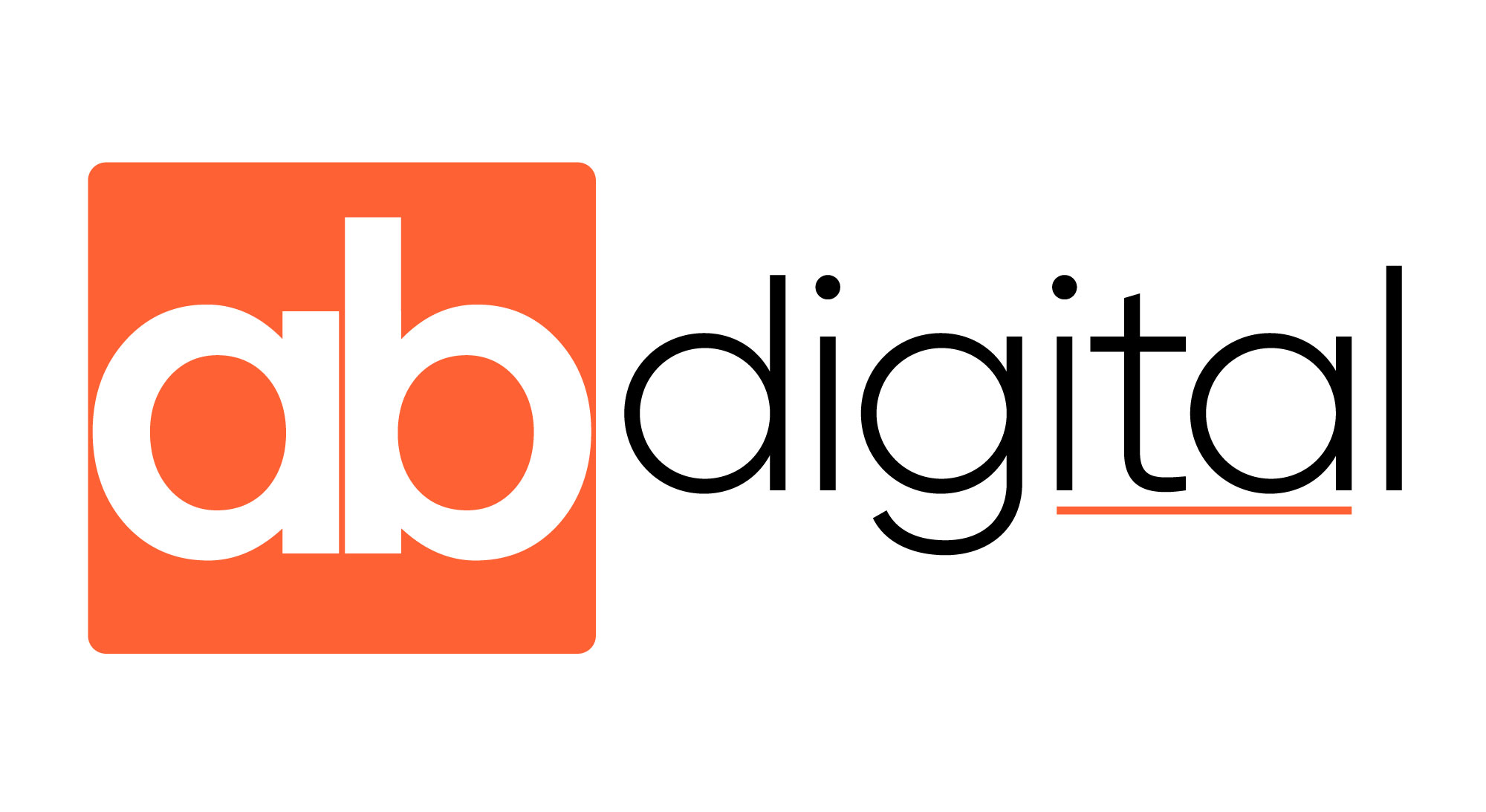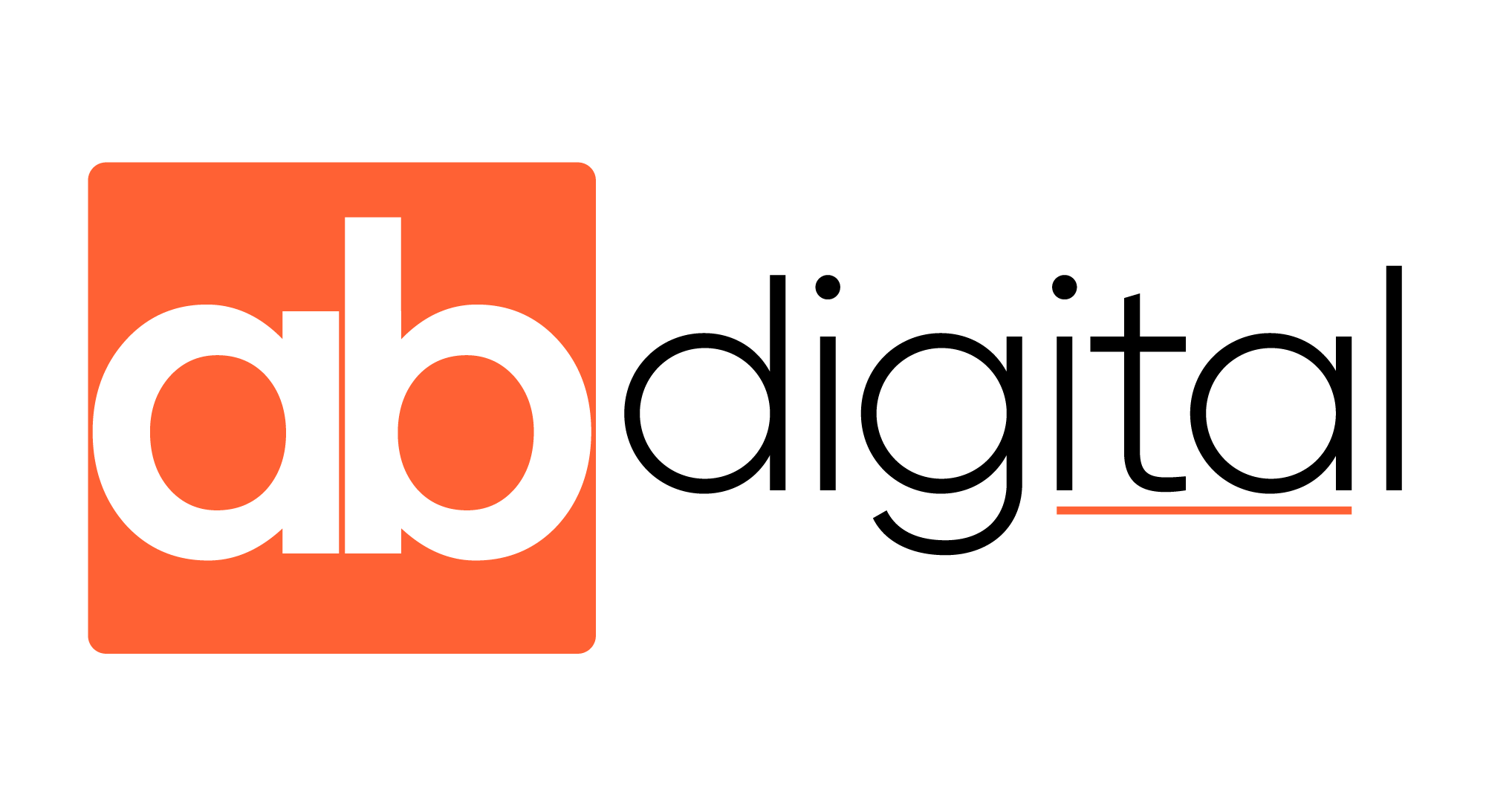In the fast-paced world of digital advertising, businesses often find themselves at the crossroads of choosing between two giants: Google Ads and Facebook Ads. Each platform comes with its unique strengths and weaknesses, making the decision a crucial one for any marketing strategy.
In this guide, we’ll break down the intricacies of Google Ads and Facebook Ads, helping you make an informed decision based on your business goals, target audience, and advertising budget. Additionally, we’ll explore predictions for 2024, giving you a glimpse into the future of digital advertising.
Understanding the Platforms: A Brief Overview
Google Ads: The Intent-Driven Powerhouse
Google Ads, formerly known as Google AdWords, is the go-to platform for businesses aiming to capture user intent. It operates on a pay-per-click (PPC) model, where advertisers bid on keywords relevant to their business. When users search for these keywords, ads appear at the top of the search results, offering businesses prime real estate to showcase their products or services.

Strengths:
- High Intent Audience: Users actively searching for specific products or services.
- Keyword Targeting: Precision in targeting based on user search queries.
- Diverse Ad Formats: Text ads, display ads, shopping ads, and more.
Weaknesses:
- Costs: Competitive bidding can drive up costs, especially for popular keywords.
- Limited Demographic Targeting: Relies more on search intent than detailed demographics.
Facebook Ads: The Social Connection
On the other side of the spectrum, we have Facebook Ads, operating within the world’s largest social media platform. With a vast user base, Facebook Ads allow businesses to target audiences based on demographics, interests, and behaviors. It excels in creating visually engaging ads that seamlessly integrate into users’ social feeds.
Strengths:
- Detailed Targeting: Precise targeting based on user demographics, interests, and behaviors.
- Visual Appeal: High-quality images and videos enhance ad engagement.
- Diverse Ad Placements: In-feed ads, stories, and sponsored content.
Weaknesses:
- User Intent: Users might not be actively seeking products or services.
- Ad Fatigue: Users may become disengaged if they see similar ads frequently.
Choosing the Right Platform for Your Business
When to Choose Google Ads:
- High Intent Offerings: If your product or service relies on user intent and specific search queries, Google Ads is the ideal choice.
- E-commerce and Services: For businesses selling products online or offering services, especially those with a broad target audience.
- Keyword-Centric Strategy: When your advertising strategy heavily revolves around specific keywords and search terms.
When to Choose Facebook Ads:
- Brand Awareness and Engagement: If building brand awareness and engaging with a broad audience is your priority, Facebook Ads is the way to go.
- Visual Appeal Matters: Businesses with visually appealing products or services can leverage Facebook’s emphasis on images and videos.
- Detailed Audience Targeting: For businesses that benefit from granular targeting based on demographics, interests, and behaviors.
Predictions for 2024: What to Expect
As we look ahead, the landscape of digital advertising is set to evolve. Here are some predictions:
- Rise of Integrated Campaigns: Businesses will increasingly leverage both platforms in integrated campaigns to maximize reach and engagement.
- AI-Powered Advertising: Both Google and Facebook will continue to integrate artificial intelligence for more effective ad targeting and optimization.
- Privacy-Centric Changes: Platforms may implement more privacy-focused features, impacting how businesses target and measure ad performance.
Crafting Your Winning Strategy
In the ever-evolving realm of digital advertising, there’s no one-size-fits-all solution. The key lies in understanding your business objectives, audience, and budget constraints. Whether you choose Google Ads, Facebook Ads, or a combination of both, continually monitor and adapt your strategy to stay ahead in the dynamic world of online advertising. As we approach 2024, the only constant is change, and those who embrace it strategically will reap the rewards of a successful digital advertising campaign.


